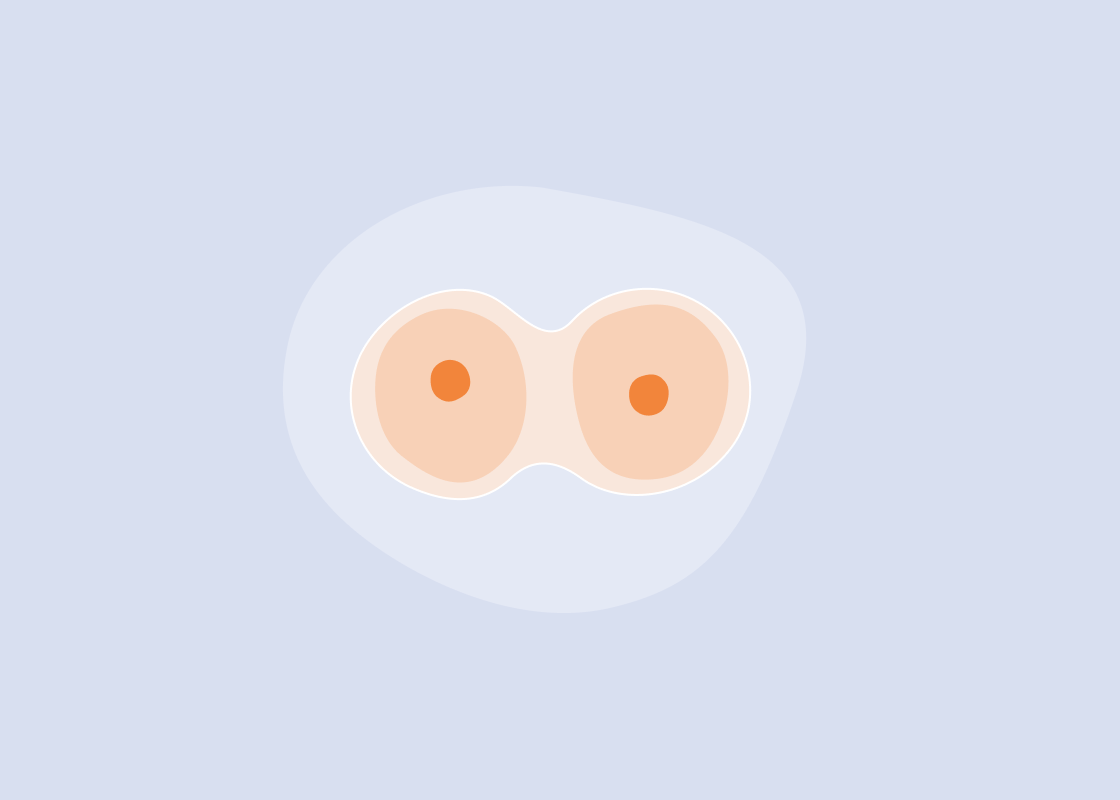Oops. The condom broke. You missed a birth control pill or two. Or perhaps your form of birth control failed in some way. Now what?
Well, emergency contraception comes to the rescue. But where to start? And is it safe? Let's find out.
Types of emergency contraception and how they work
There are two ways to prevent pregnancy after unprotected sex. The first is with a pill and the second is with an intrauterine device, or IUD.
There are three different pills or pill combinations and they all work by delaying ovulation.
- Emergency contraceptive pills with levonorgestrel - failure rates range from 0.6% to 3.1%
- Combined oral contraceptives (COCs) consisting of ethinyl estradiol plus levonorgestrel (also known as the yuzpe regimen) - failure rates range from 2.0% to 3.5%
- Emergency contraceptive pills with ulipristal acetate - failure rates range from 0.9% to 2.1%) [5]
These pills work best within 72 hours, or 3 days, after sex but can be taken up to 120 hours, or 5 days, after sex. If it has been longer than 72 hours, the pill containing ulipristal acetate has a higher chance of preventing a pregnancy.
What about the intrauterine device? While IUDs are used as a regular contraception method, a copper-bearing IUD (as opposed to a hormonal IUD) is the most effective option for emergency contraception. If it's inserted within 120 hours after sex it has a 99% efficacy rate! It prevents fertilisation by causing a chemical change in the egg and sperm before they meet [1].
Can I use regular birth control pills as Emergency Contraception?
The simple answer is: only if there's no other choice.
Listed in the options above are combined oral contraceptives (COCs) which consist of ethinyl estradiol plus levonorgestrel. When taken as a split dose this is known as the Yuzpe regimen: one dose of 0.1 mg of ethinyl estradiol plus 0.50 mg of levonorgestrel, followed by a second dose of 0.1 mg of ethinyl estradiol plus 0.50 mg of levonorgestrel 12 hours later [1].
This needs to be done within 72 hours after sex, but it isn't recommended as the first choice of emergency contraception since the other methods are more effective with fewer side effects.
Is it safe?
The main side effects are similar to those of oral contraceptive pills: nausea and vomiting, slight irregular vaginal bleeding, and fatigue. Luckily they are not so common and quite mild if they do occur. There are some medications that could interact with emergency contraceptive pills, so talk to a healthcare provider about which medications you're taking [3].
It's also important to note that emergency contraception is not abortion.
If it doesn't work or if you're already pregnant then emergency contraception wouldn't harm the developing embryo or your future fertility [1]. Talk to your healthcare provider about which option is best for you if you're breastfeeding.
What's next?
If you have taken an emergency contraceptive pill, but have vomited within 2 hours of taking it, you will need to take another dose [1].
If you were taking birth control pills before, then there's no problem to continue using them normally after taking emergency contraceptive pills. If an IUD was placed then there's no need for any other contraception [1].
Another effect of an emergency contraceptive pill might be that your period comes earlier, later, or is more painful than usual. If your period is more than 7 days late make sure to get checked out by your doctor [3].
It is important to acknowledge the fact that none of these methods protects against STIs. You can schedule an appointment with your healthcare provider for STI testing or treatment. In addition, follow-up visits are an important time to discuss options for ongoing contraception [6].
When is emergency contraception necessary?
Pregnancy can only occur before and during ovulation, which is when an egg is released from the ovaries. This generally occurs around two weeks before menstruation. It's possible to calculate when ovulation will occur by tracking your period.
There are multiple different apps to keep track of your period and the symptoms associated with it, such as pain, breast tenderness, migraines, and so on. Additionally, it's possible to keep track of when you ovulate using the inne minilab. This works by measuring the hormone progesterone in your saliva so that you can get a sense of when you're ovulating.
It's important to note that emergency contraception should not replace other forms of birth control as the main way to prevent pregnancies since they have been tested or approved for that purpose [4].
In Conclusion
Depending on where in the world you are living, different forms of emergency contraception may or may not be available.
So while an IUD might be the most effective method, don't hesitate to use a pill as soon as possible if that is what's available to you.
Navigating a situation in which emergency contraception is necessary can be stressful and confusing. The most important takeaway is that it is a safe way to prevent pregnancy and that the timing is crucial.
References
- https://www.who.int/news-room/fact-sheets/detail/emergency-contraception
- https://www.nhs.uk/conditions/contraception/emergency-contraception/
- https://www.nhsinform.scot/healthy-living/contraception/emergencies/emergency-contraception
- https://www.womenshealth.gov/a-z-topics/emergency-contraception
- https://www.ncbi.nlm.nih.gov/pmc/articles/PMC4216625/
- https://pubmed.ncbi.nlm.nih.gov/31740497/



